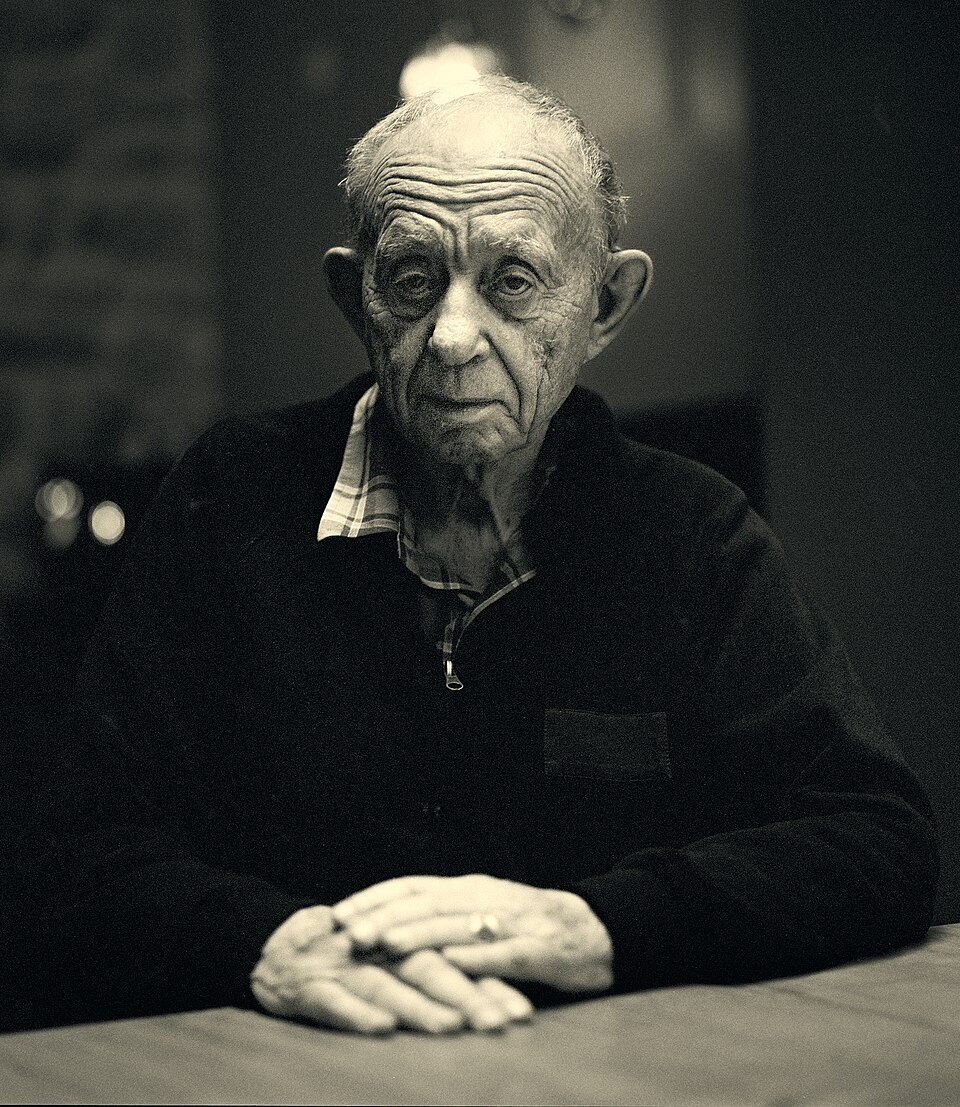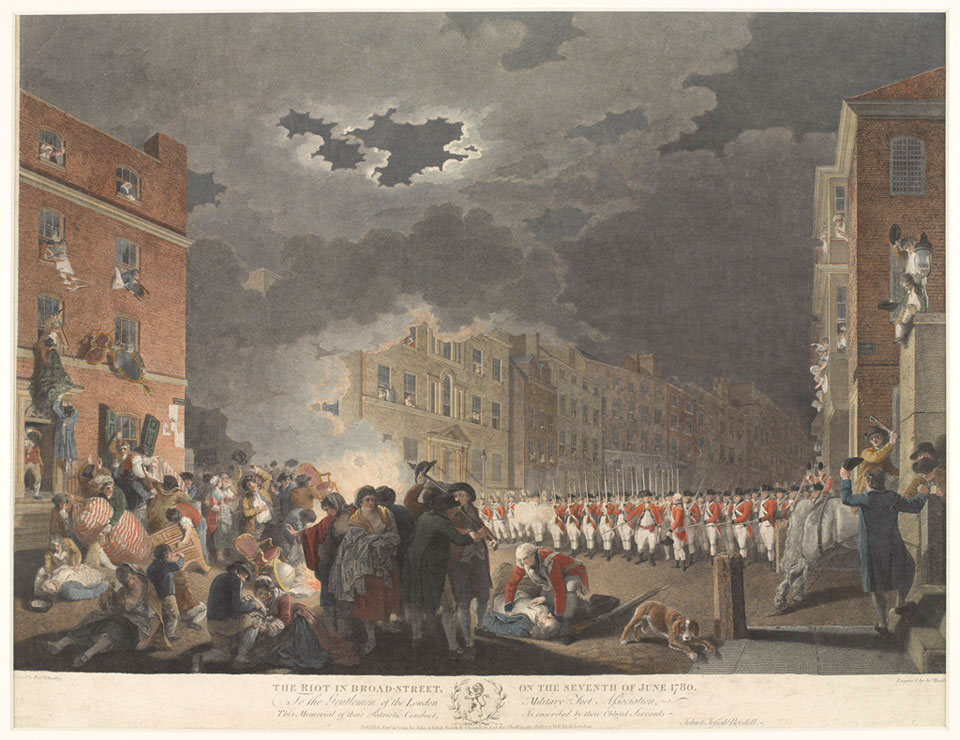How to Ignore the Crumbling of the Body—and the Body Politic
February 6, 2025

“You know you have a crack in this back molar?” the hygienist asks, poking with a sharp thing.
“Um…no?”
She nods briskly, insists on showing me with a little mirror.
“Wwwhat do we do about that?” I ask, using the plural to comfort myself. They are my team, right? We are all invested in my mouth?
“Nothing yet,” she says, and with that I realize how ominous a three-letter word can be. “If it starts to bother you, we will deal with it.”
Deal with it. Sounds like a Mafia hit. In this case, the concrete might just be poured into the crack. I hope. She moves on with her work, pulling string between my teeth and digging into every crevice, tapping, testing, suspicious as a spy. But I have not had a cavity in years, and I am feeling sanguine again. Until I feel the little pokey tool sink below enamel.
She has found, in lay language meant to comfort me, a dark spot. A black hole, I decide, swallowing any aspirations that come close. No, she says, just a dark spot. No decay, no squish, just stain.
I can cope with this. But she is not done. “I see you chipped this tooth?”
Rendered mute by the gurgling tube in my open mouth, I just shrug. No peanut brittle has passed my lips. Wtf?
Just a chip, she assures me. Maybe I can feel it with my tongue? Out comes the little mirror again.
Why does she keep dragging me toward reality? I have zero desire to either feel the chip or see the crack. I am crumbling, is what she is telling me. My body is turning into a noseless, armless Greek statue. But—life seldom offers compensation—my physique remains Venus of Willendorf’s.
What does “crumbling” mean anyway? “Breaking or falling apart into small fragments, especially as part of a process of deterioration…. Disintegrating gradually over a period of time.” Aging.
Crumbling stone has never repulsed me; I love old buildings, their sharp edges softened by centuries of wind and rain. But the verb form, “crumble,” has more direct and disturbing implications. To crumble: to break into small pieces. I am not ready to lose bodily integrity, to speak of my limbs as separate from me as they turn arthritic. I have heard my elders: “How’s the back?” “The knee’s kicking up again.” “This time it’s the shoulder.”
Already I can see how this happens. Watch a ten-year-old run, see how fluid the movements are, how thoughtless and instinctively graceful. Now tell somebody who is over sixty—and has never pretended to athleticism—to run. First, one must buy into the proposition. We think about what it will take, wonder if we can still do it, weigh potential strain and injury. Then we take off, joints creaking in protest, and it takes a while to warm up the muscles, by which time the movements have smoothed but we are running out of breath.
Lack of practice makes us stiff. Fear of injury inhibits us. We begin to hoist ourselves from chairs like we are heavily pregnant, then move like a metal robot in need of oil.
Who would blame us? The liquid cushioning between our joints, once a top-of-the-line gel insert, is now as thin and tacky as Elmer’s. The natural lubrication (no, I am not talking about sex) has ceased to flow across our joints. Our tendons and ligaments, once as bouncy as a new rubber band, have hardened.
But at the risk of sounding like some stay-young-forever marketer, none of this has to be accepted as permanent. I once asked a woman in her eighties—a woman who had a lithe, supple body, bright eyes, and a sharp wit—to let me interview her about secrets of aging well. She grinned and said, “It’s just one word. Four letters. Move.”
As someone chronically sedentary, happiest of all when reclining with a good book, I find the imperative puzzling. Why should motion matter so much?
Because, I remind myself, it is what our bodies were designed to do. And, more important, because movement casts out fear. When I walk around conscious of being stiff and creaky, I do not drop easily to my hands and knees to wipe up a spill on the floor. I swish a rag around with my foot. Or if I do have to get down on hands and knees to reach something in back of a low cabinet, I hold on to the counter, ease my knees to the hard floor, hold on again to rise. The need for all this is about 30 percent founded, 70 percent mental. When I test myself, I can manage just fine without all the groans and supports, and if I do these movements for several days in a row, they become (almost) effortless.
But if you feel like you are crumbling, you will, indeed, crumble. You will break yourself into bits, preemptively.
Is that what we are doing with this country? Deciding that democracy is crumbling, therefore tearing it apart? What happens if we move, instead of watching in horror? What happens if we stop chopping society into bits, some of them recalcitrant, and practice acting like it can all still work together? And if the politicians in power stop isolating groups of us—Muslim bans, Mexican rapists, Haitians who eat pet dogs, Commie libtards—so they can pit us against one another?
We need to move toward democracy, not just mourn it. Let people on all sides speak their minds fully, without mockery, insults, snarky commentary, or hatred. Ask for reasons, motives, deeper explanations. Look hard for common ground. Call out lies with calm evidence, again and again, until denial snaps. Ignore (or resist) those who set themselves above us. Do anything but stand still, frozen by despair, resigned to disintegration.
Before I leave the dentist, the hygienist pulls up my record to update it. “Ah, yes, crack in number thirty-two, noted in 2023.” I must have repressed it and gone on with my life, acting as though my teeth were strong and whole. Goethe took the same tack with human beings, saying to treat someone not as who they are but as who they are capable of being.
It is hard to see something crumble and pretend it is whole. You want to guard the raw nerves beneath that crack, avoiding any flashes of pain.
But it is far worse, in the long run, to give up trying.
Read more by Jeannette Cooperman here.




